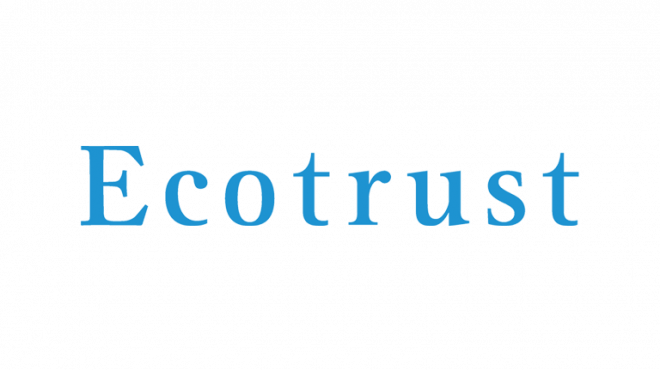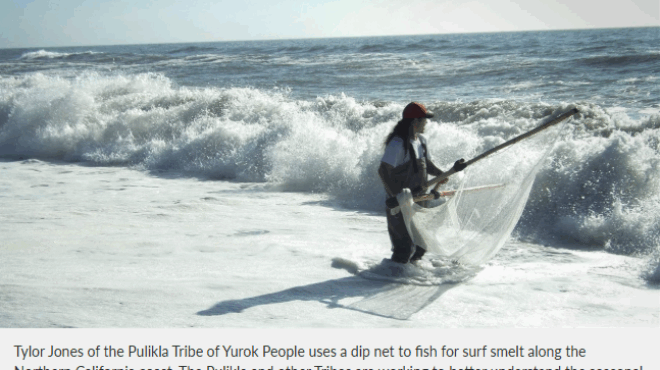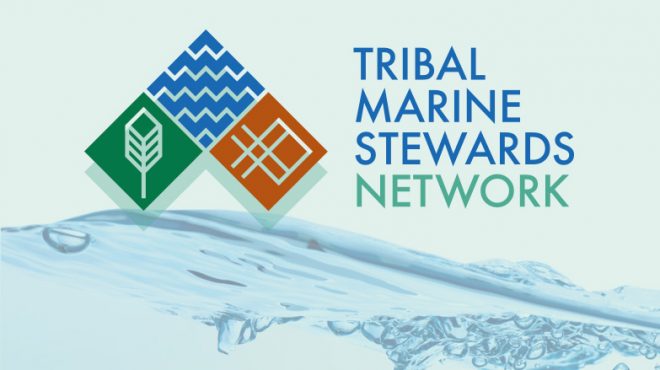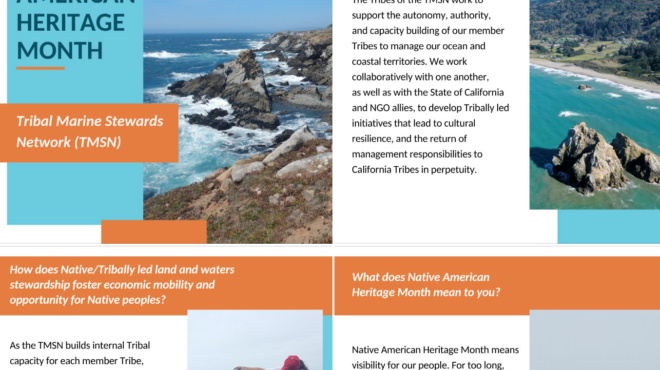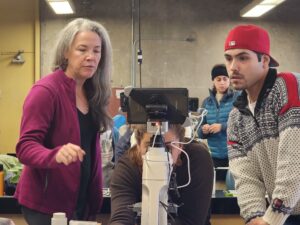
In a world facing urgent environmental challenges, the use of Indigenous traditional knowledge and contemporary scientific data collection methods is essential for assessing the well-being of ecosystems. Taking place on November 14th and 15th, 2023, within Kashia Territory at the University of California, Davis Bodega Marine Laboratory, the Tribal Marine Stewards Network (TMSN) organized a transformative workshop centered around harmful algal blooms (HABs) and their profound impact on Indigenous communities’ subsistence harvesting. The training was led by Ocean and Earth Environmental Services and National Centers for Coastal Ocean Science (NCCOS) with participation from representatives from the Kashia Band of Pomo Indians, Resighini Tribe of Yurok People, Tolowa Dee-ni’ Nation, and the Santa Ynez Band of Chumash Indians.
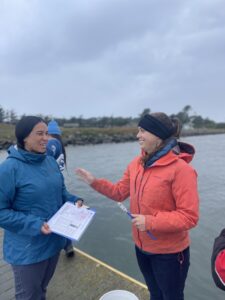
Equal Valuation of Indigenous Knowledge: Celebrating Indigenous Wisdom: A highlight for participants was connecting with Kari Lanphier (Native Hawaiian), from the Sitka Tribe of Alaska from SEATOR as she spoke about the importance of elevating Indigenous voices, knowledge systems, and perspectives within scientific research.
This acknowledgment is a critical component in understanding and addressing environmental challenges and highlights the importance of incorporating Indigenous knowledge systems into decision-making processes. It’s a reminder that true solutions to complex issues emerge when we combine the strengths of Indigenous traditional knowledge with contemporary scientific data collection and research.
Phytoplankton Monitoring Expertise: The trainers shared their expertise in phytoplankton monitoring and sampling techniques. This scientific proficiency offered a structured and systematic approach to studying harmful algal blooms (HABs) and understanding the ecological dynamics that underpin them. Tribal participants gained valuable skills that are crucial for accurate data collection and analysis.
Data Integration and Technology: The training emphasized the use of advanced technologies and data integration methods. This approach allows for the incorporation of satellite imagery, computer modeling, and other innovative tools to enhance the monitoring and prediction of HABs. The integration of these technologies with Indigenous knowledge systems could lead to more comprehensive and accurate assessments of HABs and their impacts.
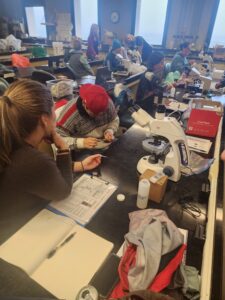 Transfer of Knowledge: NCCOS plans to transfer the knowledge and resources gained during the workshop to additional tribal members. This knowledge will support the establishment of two operational toxin testing laboratories, enabling the testing of subsistence-harvested shellfish and culturally significant marine resources.
Transfer of Knowledge: NCCOS plans to transfer the knowledge and resources gained during the workshop to additional tribal members. This knowledge will support the establishment of two operational toxin testing laboratories, enabling the testing of subsistence-harvested shellfish and culturally significant marine resources.
The Tribes’ capacity to recognize Harmful Algae Blooms (HABs) deepens the transfer of knowledge, expediting communication and alerts to reach Tribal citizens regarding potential concerns prior to harvesting. This skill empowers them to promptly notify Tribal citizens who may be unaware of the harmful effects of these blooms.
The Slow-Paced Path to Sustainable Solutions: The workshop served as a poignant reminder of the efficacy of embracing a slow-paced, deliberate approach to environmental preservation, highlighting that transformative change emerges from patient observation and immersion in the natural world. In a society often fixated on speed and efficiency, the value of taking time to deeply connect with our surroundings becomes evident. Through Indigenous cross-cultural knowledge sharing and reverence for the land, attendees witnessed the wisdom inherent in slowing down. This approach fosters respect and appreciation vital for developing sustainable solutions to environmental challenges.
Embracing Science and Wisdom for a Harmonious Future: The HAB workshop led by Ocean and Earth Environmental Services and National Centers for Coastal Ocean Science (NCCOS) in collaboration with TMSN is where we find promise for a sustainable and balanced future, where the wisdom of Indigenous cultures is valued, respected, and integrated into our efforts to protect our planet for generations to come. The training experience exemplified the strength and resilience of Indigenous knowledge and practices, showing us all a path toward a harmonious coexistence with nature and contemporary science practices.

